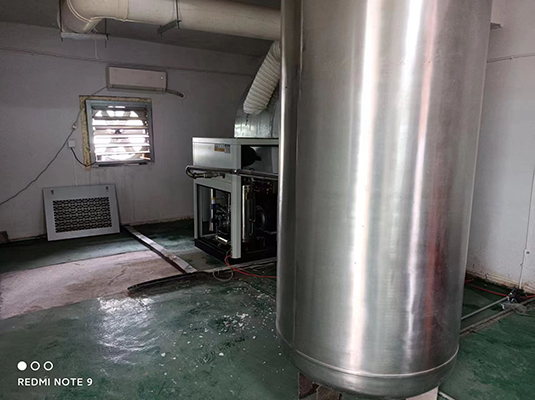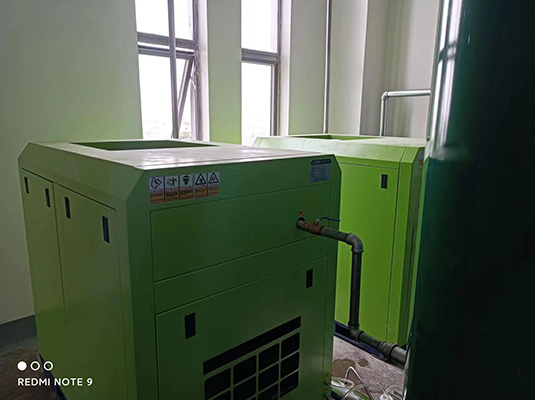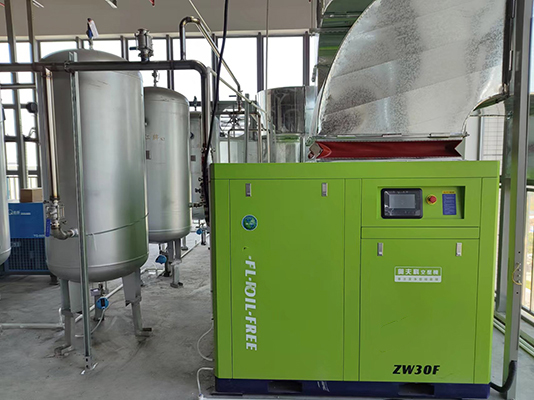Rotary Screw Air Compressor Noise Level Specifications
News 2025-10-24
Rotary screw air compressors are essential components in many industrial operations, valued for their ability to deliver consistent air pressure with high efficiency. Noise level specifications are a key consideration in their design and use, as they directly impact workplace safety, regulatory compliance, and overall operational comfort. By understanding these specifications, industries can select compressors that minimize auditory disturbances while maintaining performance, making them integral to modern manufacturing and processing environments.

Key Noise Level Standards
Noise levels for rotary screw air compressors are typically measured in decibels (dB) and vary based on factors like compressor size and operating conditions. Standard specifications often fall between 60 dB and 85 dB at a one-meter distance, with premium models incorporating sound-dampening features to achieve lower readings. These standards align with international guidelines, such as those from ISO, ensuring that compressors meet safety thresholds in diverse settings and help engineers make informed choices for specific applications.
Industrial Application Scenarios
In manufacturing facilities, rotary screw air compressors power tools and automation systems, where noise levels can affect worker concentration and health. For instance, in automotive or electronics assembly, compressors with controlled noise outputs enable safer, more efficient workflows by reducing the need for hearing protection. Similarly, in sectors like pharmaceuticals or food production, low-noise compressors support clean, regulated environments, preventing contamination risks and adhering to strict industry protocols for operational integrity.
Performance and Efficiency Advantages
Adhering to noise level specifications enhances the performance of rotary screw air compressors by promoting better energy efficiency and reduced wear. Compressors engineered for quieter operation often feature advanced components, such as optimized air inlets and enclosures, which also lower vibration and extend equipment lifespan. This focus on noise control contributes to smoother industrial processes, allowing for uninterrupted production and cost savings through decreased maintenance and energy consumption in high-demand settings.
Significance in Operational Safety
Noise specifications play a critical role in ensuring rotary screw air compressors contribute to safer industrial environments by mitigating risks associated with prolonged exposure to high sound levels. Compliance with regulations like OSHA standards helps prevent hearing loss and fatigue, fostering a more productive workforce. Ultimately, prioritizing these specifications supports sustainable practices, reducing environmental noise pollution and enhancing the overall reliability of air compression systems in critical applications.


